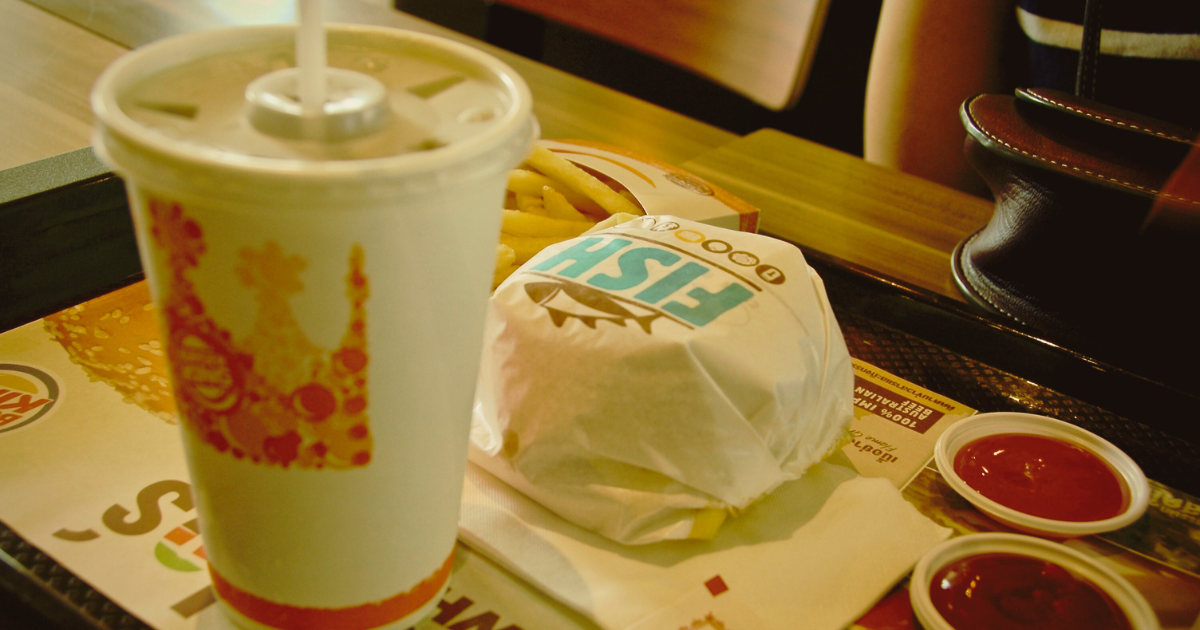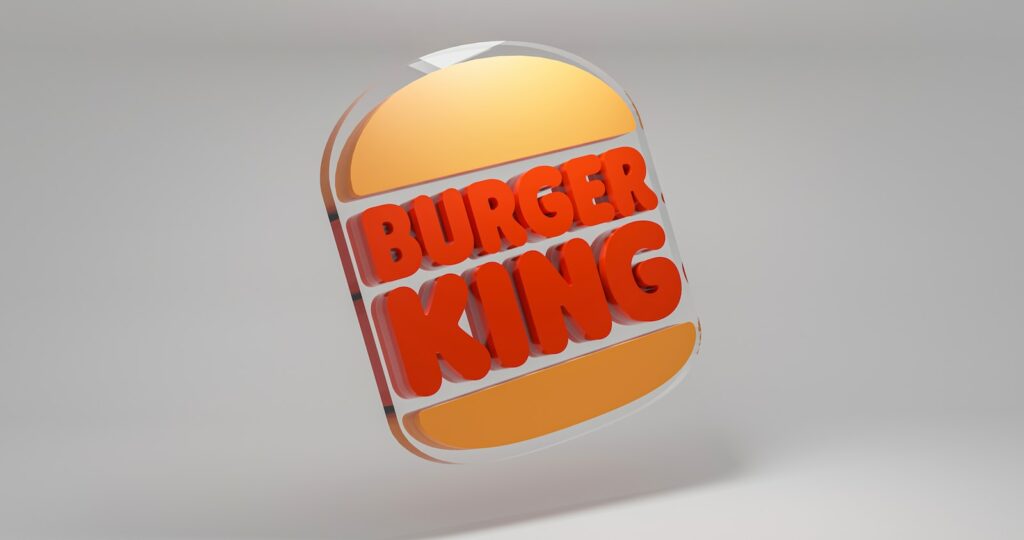
Burger King Struggles to Help Restaurant Brands
November 3, 2023
On Friday, Restaurant Brands International (RBI) announced lower-than-expected quarterly revenue, pinned on disappointing same-store sales growth from Burger King. This news triggered a 2% drop in the company’s shares.
RBI’s actual third-quarter net income was $252 million, or 79 cents per share, in contrast to last year’s $360 million, or $1.17 per share, marking a significant decline. Nevertheless, net sales increased by 6.4% to $1.84 billion, despite unfavorable currency exchange rates impacting Tim Hortons.
Although same-store sales grew by 7% this quarter, Burger King’s growth sat at 7.2%, falling short of the anticipated 8.6% predicted by StreetAccount. Burger King’s U.S. business experienced flat traffic for the quarter, according to RBI CEO Josh Kobza.
In a bid to revitalize its lagging U.S. operations, Burger King has been implementing its $400 million “Reclaim the Flame” plan for over a year. The fast-food giant adopted this strategy after falling behind its domestic competitors for several consecutive years.
A significant part of this turnaround strategy involves making the Whopper a flagship product at the forefront of their menu. Burger King has also undertaken extensive renovations of its restaurants and injected its own funds into the advertising budget, typically sustained by franchisees.
However, the chain has seen a 2.8% decrease in its total U.S. restaurant count compared to the same period last year. This reduction is a result of the company’s decision to close poorly performing locations in order to improve overall business efficiency and profitability.
“Over the past few quarters, we prioritized the most distressed situations, closing unviable restaurants and cleaning up a number of portfolios.”
CFO Matthew Dunnigan via CNBC
Burger King, Popeye’s, and Tim Horton’s Are All Affected

Restaurant Brands International, recognized as the proprietor of the Popeyes chain, has reported disappointing quarterly sales, contrasting with the vigorous growth experienced by its rival, McDonald’s. The latter has been capitalizing on menu refinements, promotional initiatives, and savvy pricing, thus eroding the market share from chains like Burger King.
Burger King, in spite of its ongoing $400 million refurbishment plan aimed at modernizing menus, attracting a younger customer base, and enhancing technology, has seen a downturn in customer traffic and spending at its U.S. outlets, as per a report from Wells Fargo.
Restaurant Brands’ shares traded in the U.S. have experienced a drop of more than 2% in turbulent premarket trading.
Analyzing the situation, M Science’s Director of Product Intelligence, Sante Faustini III observed that the quarter was a mixed bag. However, on a brighter side, Canada-based Restaurant Brands reported a higher-than-expected adjusted profit of 90 cents per share, surpassing the forecasted 86 cents.
While discussing the current market scenario, Stephens analyst Joshua Long pointed out that “beef inflation continues to pose a challenge,” but things seem to be heading in an improving direction.
Restaurant Brands’ Canada-specific chain, Tim Hortons, announced a better-than-expected comparable sales growth of 6.8%, exceeding the forecasted 6.5%, with its coffee and new cold drink options luring more customers.
Although Restaurant Brand’s total revenue for the quarter ending September 30 rose to $1.84 billion from $1.73 billion the previous year, it fell short of the estimated $1.87 billion.
Recent News
Premium and Healthier Food Options Gain Traction
As consumers become more mindful of their spending, the global sales of cooking ingredients and meals saw a notable increase of 4.4% in 2023, driven by inflation and higher commodity prices, according to Euromonitor International. This trend underscores a shift in consumer behavior towards more economical choices while still showing a preference for premium, healthier, and environmentally sustainable options.
Dairy Manufacturers Inc. Issues Voluntary Recall of Baby Formula
In a significant move, Dairy Manufacturers Inc., a Texas-based company, has initiated a voluntary recall of several baby formula products after they were found to be noncompliant with U.S. Food and Drug Administration (FDA) regulations. The recall encompasses all lot codes of three specific products: Crecelac Infant 0-12, Farmalac 0-12, and Farmalac 0-12 Low Lactose. This announcement was officially published on the FDA’s website on Saturday.
Fitness Equipment to Become $18.4 Billion Market
The global fitness equipment market is projected to reach $18.4 billion by 2033, growing at a CAGR of 3.02% from 2024 to 2033, according to Allied Market Research. Key drivers include the integration of Internet of Things (IoT) technology in fitness devices and the rise of corporate wellness programs. IoT-enabled equipment captures workout metrics in real time, enhancing user engagement and offering personalized insights. Corporate wellness initiatives promote physical activity in the workplace, increasing demand for fitness equipment in corporate gyms.
Walmart Ends Partnership with Capitol One
Walmart has officially ended its consumer credit card agreement with Capital One, marking a significant shift in the retail giant’s financial partnerships. This decision follows a series of disputes over customer service issues that culminated in a legal battle and a federal judge’s ruling.

